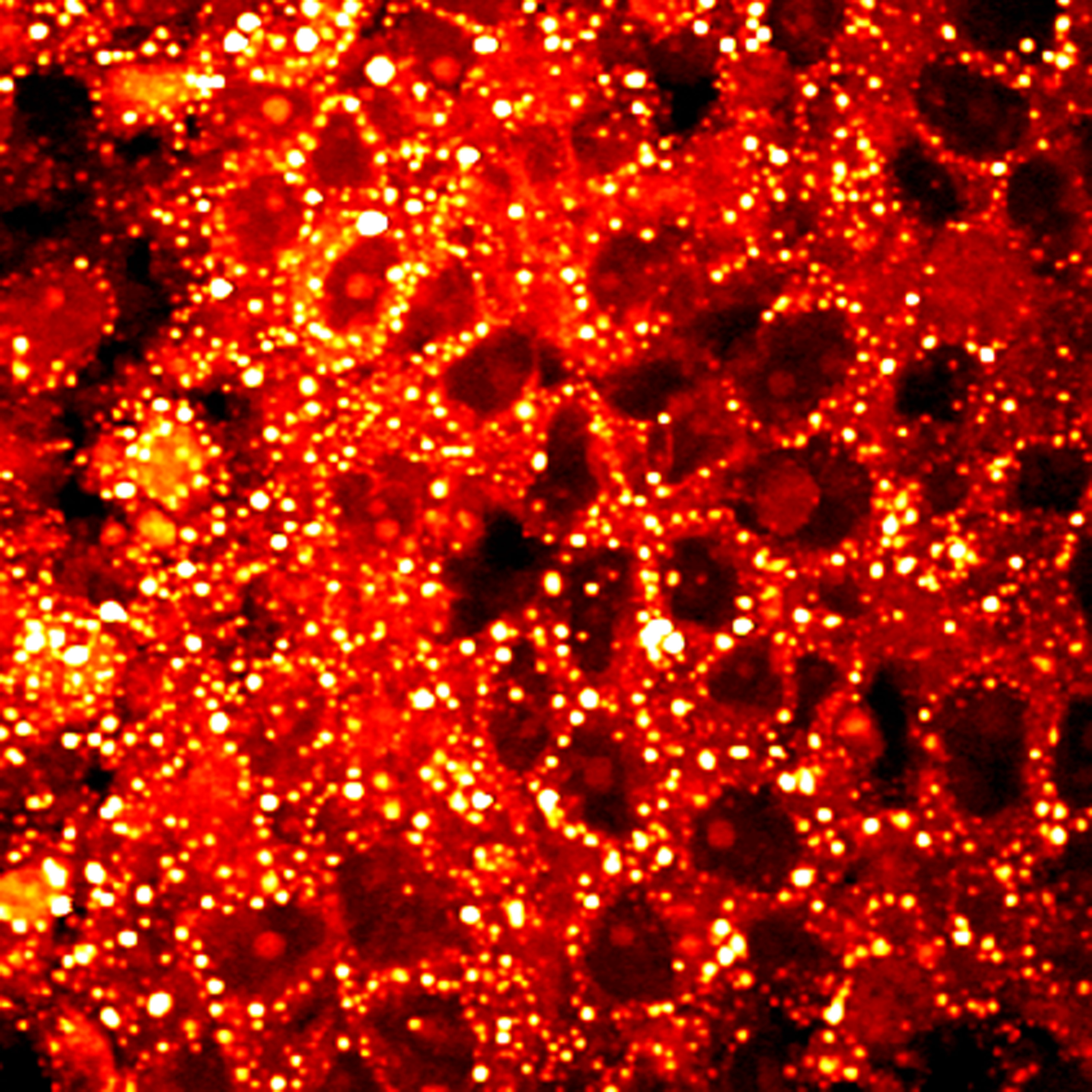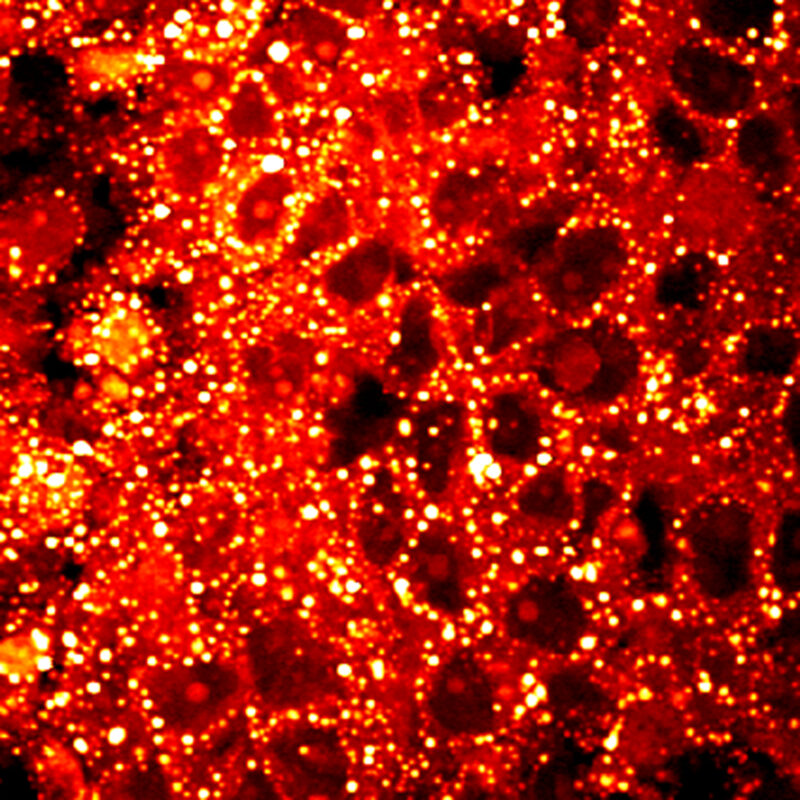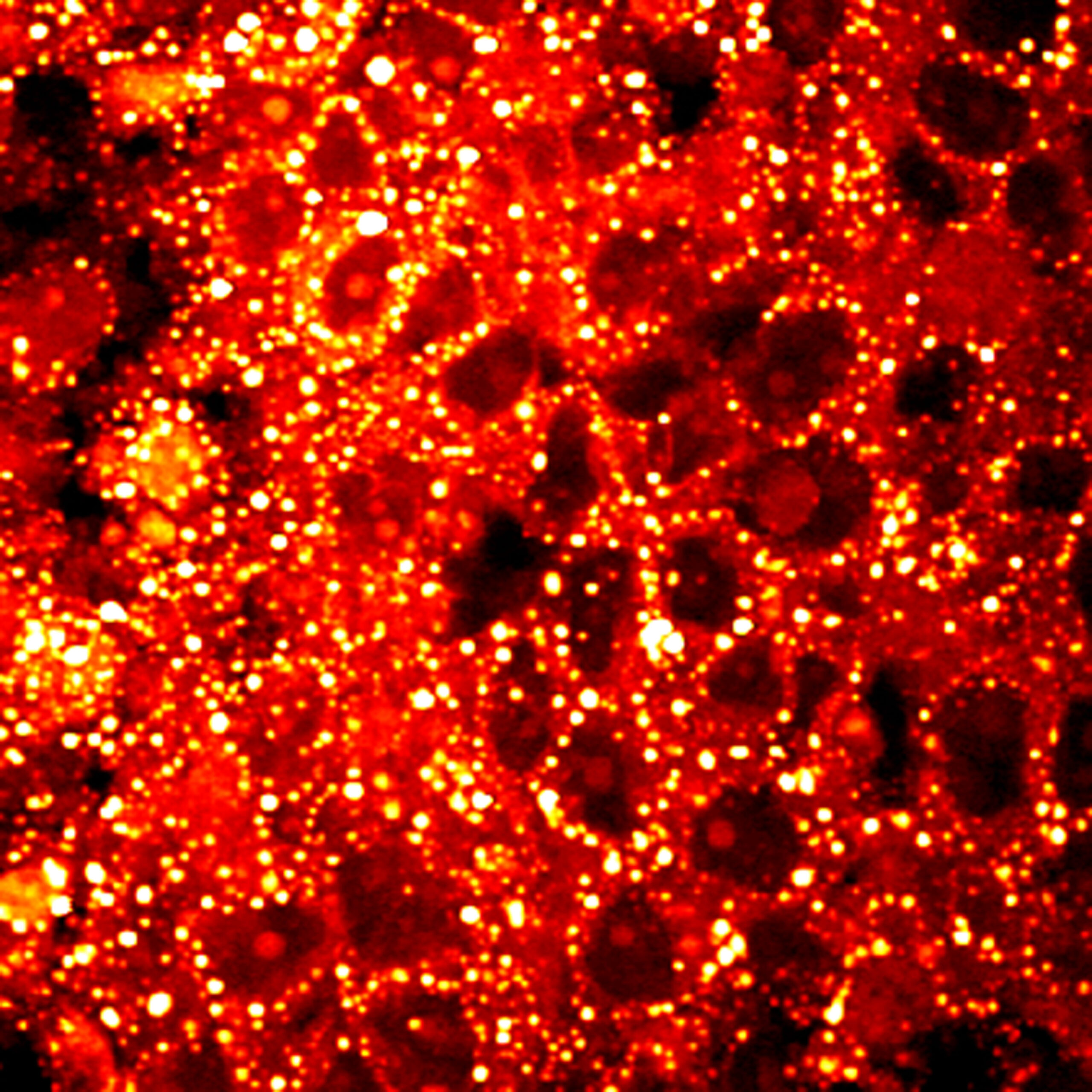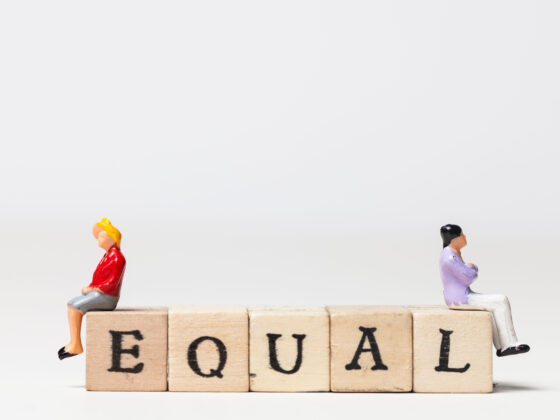
Prostate cancer patients treated with androgen-deprivation therapies (ADTs) seem to have a lower risk of SARS-CoV-2 infection and COVID-19 complications compared to patients not treated with ADTs and compared to other cancer patients. If confirmed, a short term treatment with ADT may be considered in male individuals at high risk of severe COVID-19.
The protective role of ADTs is suggested by an Italian-Swiss group led by pharmacologist Monica Montopoli from the University of Padua and the Veneto Institute of Molecular Medicine (VIMM) in a paper just published in Annals of Oncology. The rationale behind this research is that the transmembrane protein TMPRSS2, involved in SARS-CoV-2 cell entry, is highly expressed in prostate cancer. Its expression in prostatic and non-prostatic tissues, including lung, has been shown to be regulated by the androgen receptor. Montopoli and colleagues hypothesized that ADTs may protect patients affected by prostate cancer from SARS-CoV-2 infections.
To test this hypothesis, they analysed data from 9,280 patients (44% men) from Veneto, one of the Italian regions most affected by the COVID-19 pandemic: 430 of the male patients had a diagnosis of cancer and 118 had a diagnosis of prostate cancer. Consistently with previous reports, SARS-CoV-2-infected men had a worse clinical outcome than women. The infection was more frequent in cancer patients than in Veneto male residents without cancer. Moreover, cancer patients developed more severe disease conditions.
Among prostate cancer patients receiving ADT, researchers observed a significantly lower risk of SARS-CoV-2 infections compared both to patients who did not receive ADT and to patients with any other type of cancer: only 4 out of 5,273 patients receiving ADT in Veneto developed SARS-CoV-2 infection and none of these patients died.
“These data need to be further validated in additional large cohorts of SARS-CoV-2-infected patients and corrected for multiple variables – acknowledge the authors. They propose that androgen-deprivation therapies based on LHRH agonist/antagonists or AR inhibitors may be considered as a measure to reduce SARS-CoV-2 infections or complications in high-risk male populations. Given that the effects of these compounds are reversible, they could be used transiently (e.g. one month) in patients affected by SARS-CoV-2, thereby reducing the risk of side effects due to long-term administration.












